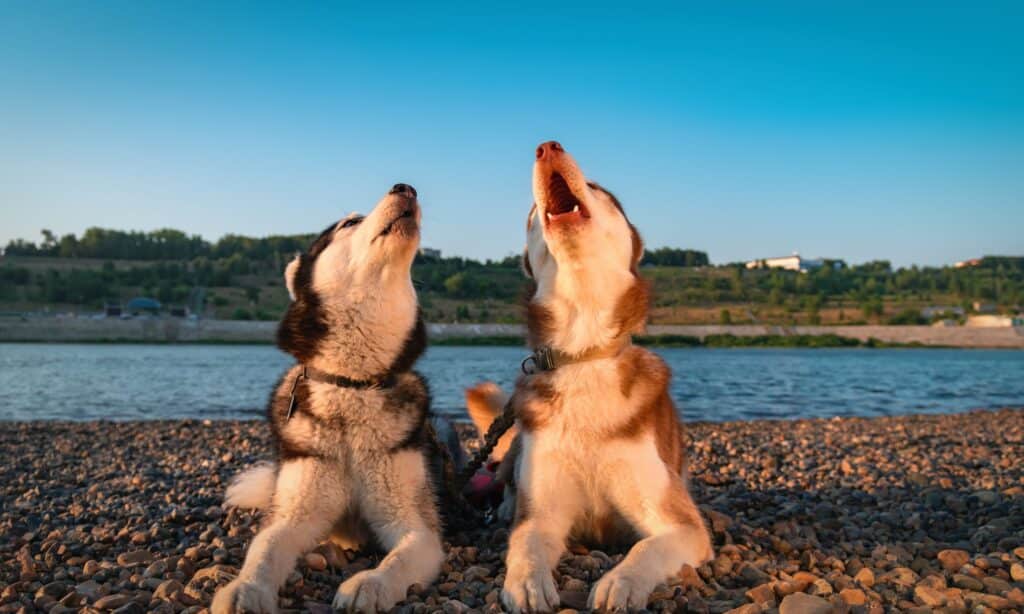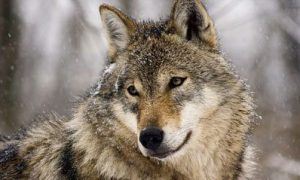“This post contains affiliate links, and I will be compensated if you make a purchase after clicking on my links.”

In an effort to unravel the mystery of dog howling, researchers from the Department of Ethology at Eötvös Loránd University looked at whether certain kinds of dogs are more likely to howl and whether this has anything to do with their genetic affinity for wolves.
The researchers examined 68 purebred family dogs in a behavioral lab by playing back recordings of wolf howls and evaluating their responses to the sounds. The genetic difference between various breeds and wolves (also known as “root distance”) was utilized to examine the influence of the breed.
“According to our results, breeds which are genetically more similar to wolves (“ancient breeds”), are more prone to reply with their own howls to wolf howl playbacks. On the other hand, breeds more distantly related to wolves (“modern breeds”) typically reacted with barking instead of howls. It seems that although howling is present in most breeds’ repertoire, it lost its functionality due to the changed social environment, thus, modern breeds do not use it in adequate situations” – explains Fanni Lehoczki, the first author of the study.
“We assume that more ancient breeds, which are genetically closer to wolves, can process the information encoded in wolf howls better than modern breeds. Thus, ancient breeds of our study might become stressed by intruding on a pack’s territory and use howling for the sake of avoidance, just as wolves do.” – says Tamás Faragó, postdoctoral researcher at the Department of Ethology, ELTE and the senior author of the study.
“Interestingly, this genetic effect on howling occurs only among older dogs (>5 years), for which an experience- or some age-related personality effect can be a plausible explanation. It is possible that- in line with our hypothesis, that howling appearing with a higher level of stress is a fear reaction – older dogs are more fearful, which was already suggested by previous studies, but these speculations require further investigation.”
The impact of additional characteristics, such as sex and reproductive status, was evaluated in addition to the dog’s breed and age.
Lehoczki added, “What we found is that something is going on with the male sex hormones, as there is no difference between intact and spayed females, but intact and neutered males do behave differently. Neutered males, which are in lack of testosterone, howl more in response to the playbacks. As neutered males are suggested to be more fearful, this result can be in line with our findings about responsiveness and more stressed behaviour. Thus, the dog howl may mean ‘I am scared, don’t come closer.’”
The results are consistent with the concept that human domestication and selective breeding fundamentally altered canine vocal behavior, including howl perception and production. With this insight, we are one step closer to comprehending the significance of the historical development of the bond between domestic dogs and their “best friends,” humans, as well as its overall effects.
This article, “Genetic distance from wolves affects family dogs’ reactions towards howls’, was published on February 6th, 2023 in Communications Biology.


















